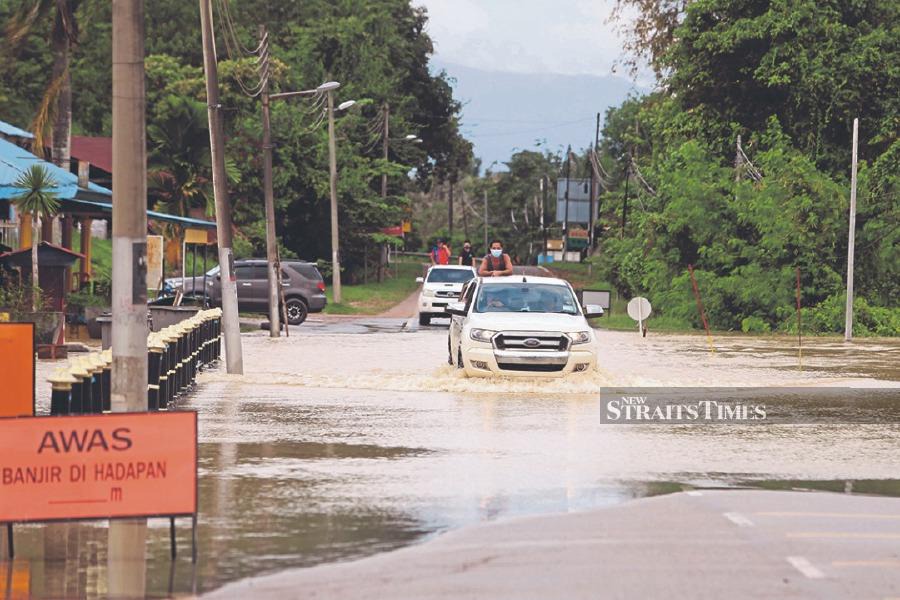LETTERS: In Malaysia, all motor vehicles on the road must be insured with legal liability for death or bodily injury to a third party as required under the Road Transport Act 1987.
This act is not popular as the premium is only slightly lower than the third-party cover, which includes losses or damage to a third party's property.
Without the third-party cover, many would not be able to pay for repairs after causing extensive damage to another vehicle.
Therefore, older vehicles are insured under the third-party cover if owners do not wish to pay a higher premium for comprehensive insurance.
However, the standard comprehensive insurance policy merely provides basic cover and does not include damage caused by natural disasters or from malicious damage resulting from a strike, riot or civil commotion.
While it is prudent to include flood cover for comprehensive insurance, it is better to prevent vehicles from being caught in a flood.
So, it will be foolhardy to attempt to drive over an inundated road with fast-moving water as some stretches may have been washed away and could be too deep for cars to pass through.
As for roadside parking, one must be wary of flash floods caused by blocked drains following downpours.
Whenever there is an option to park on the upper floors or the basement of a same building, I would choose the former over the latter.
This is because rainwater flows into the bottom of a building and the basement would be flooded if water is not pumped out in time.
Likewise, it is the same for many underpasses that rely on pumps to ensure the stretches below ground are not flooded, such as those along Jalan Tun Razak at the junction with Jalan Bukit Bintang in Kuala Lumpur; and, in Jalan Chan Sow Lin just below the LRT steel bridge.
Over the past decades, there have been many occasions where I had to drive pass inundated roads, but always successfully.
I would first brace myself, switch off the air-conditioning, shift to the lowest gear and drive the car slowly but steadily without taking my foot off the accelerator pedal.
Once I pass the flooded stretch, I would gently step on the brake pedal several times to dry the brake pads or brake linings and continue the journey at a slower speed.
Thanks to weather strips on the four car doors, my car is waterproof with the interior remaining dry.
But one must be extra cautious in thunderstorms. Just before it rains, strong winds could bring down branches or entire trees crashing on passing vehicles.
Vehicle owners in such accidents cannot claim from insurance if not covered for natural disasters. In any case, insurance does not offer any protection, only compensation.
The best protection comes from being smart. Insurance premiums are similar to buying lotteries, with the chance of getting compensation or winning being slim.
But, should anyone receive an insurance proposal that offers large compensation for ultra-low premium, it is either a scam or the insurer would collapse in no time as the company would run out of money to settle claims.
The premiums collected by insurance companies must be more than enough to pay out claims and cover overheads plus some profits to justify the business.
Y.S. Chan
Petaling Jaya, Selangor
The views expressed in this article are the author's own and do not necessarily reflect those of the New Straits Times





